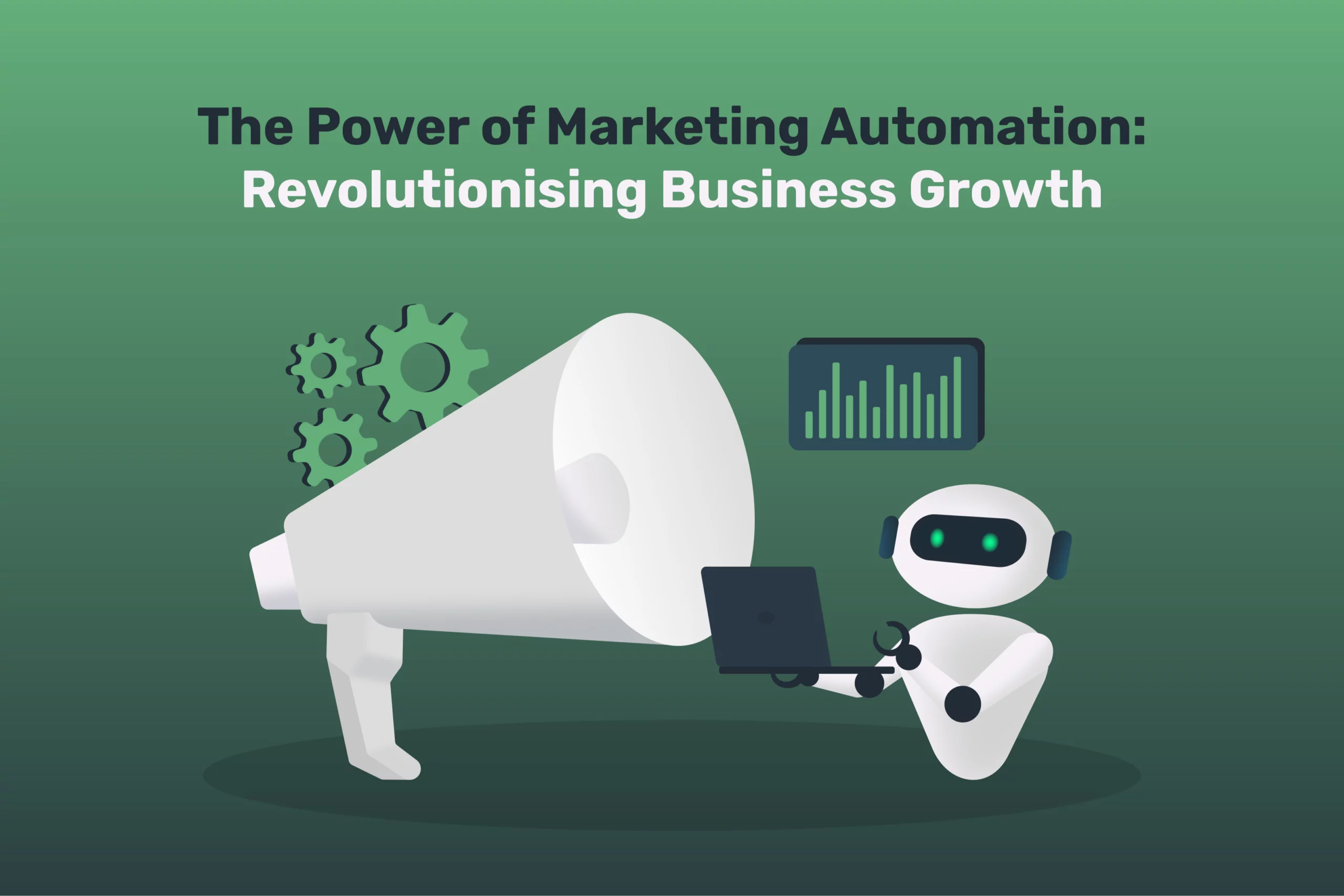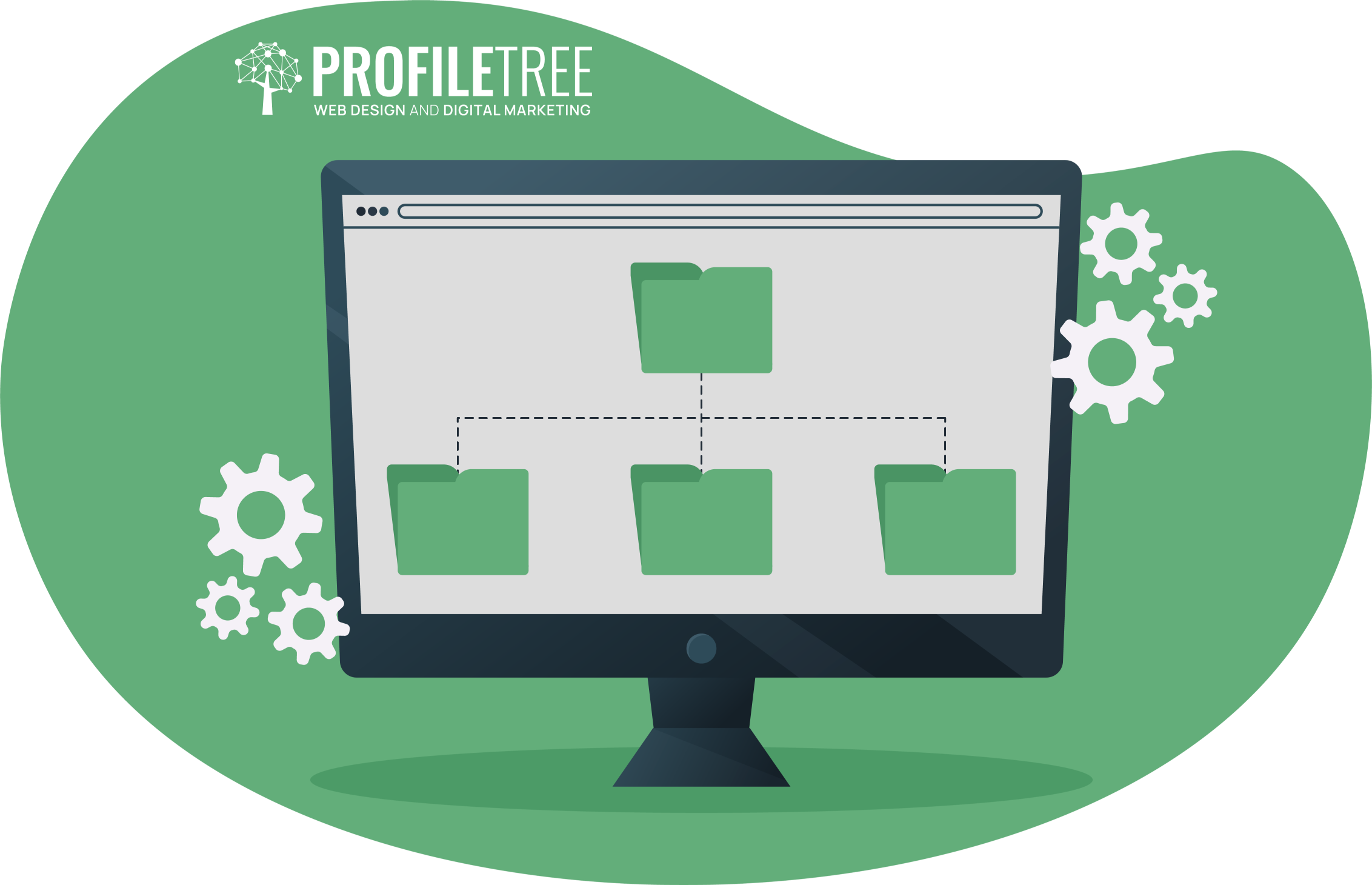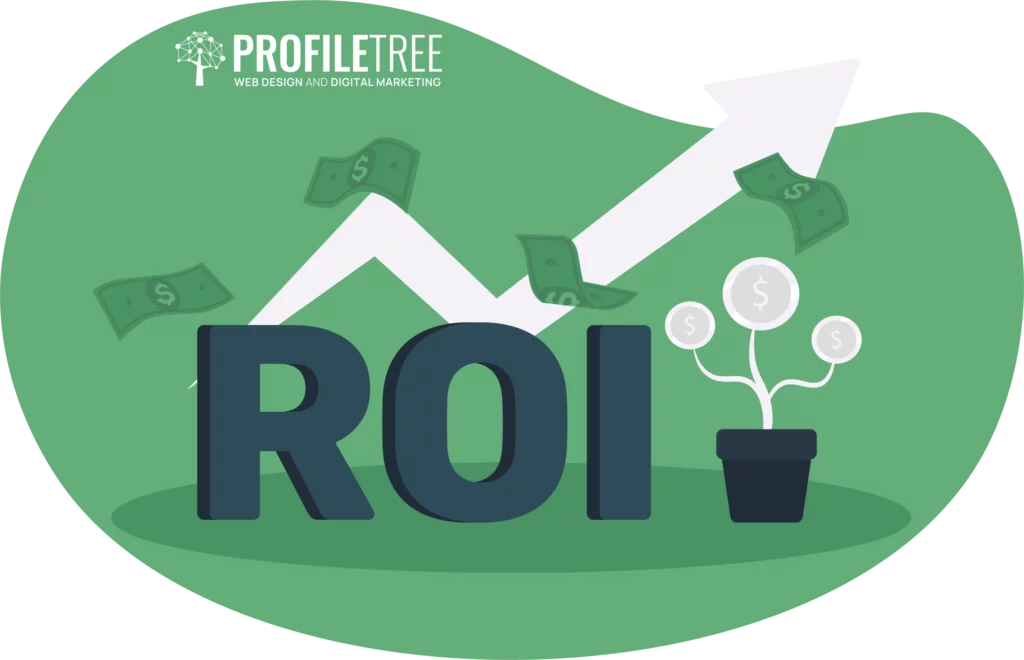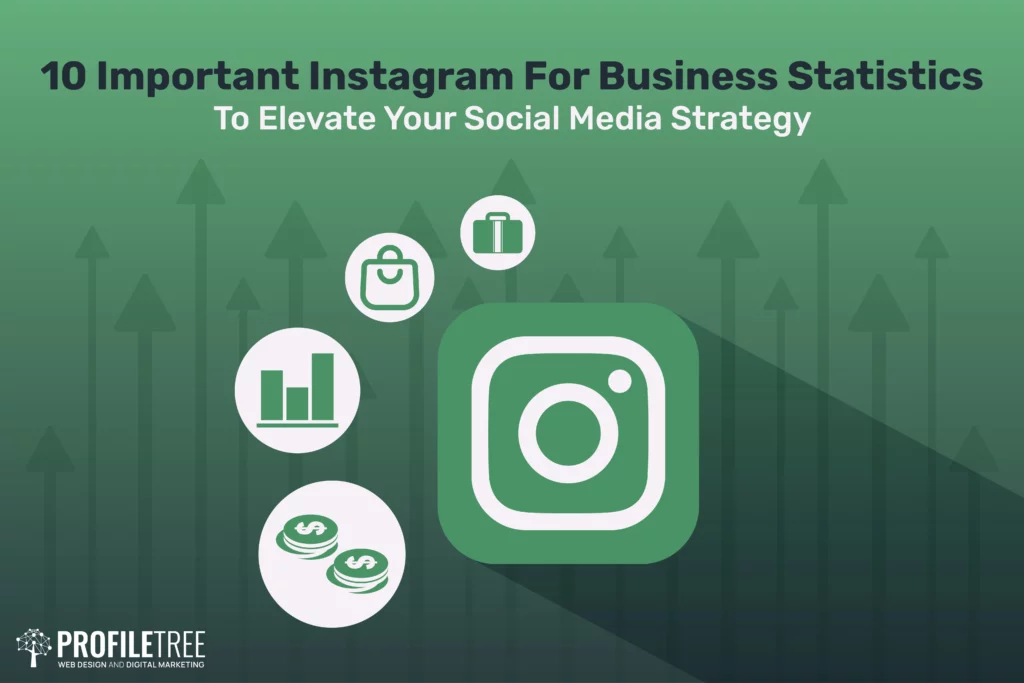In the dynamic realm of digital marketing, where the pace of change rivals the speed of light, big and small businesses grapple with the constant need to innovate and optimise their strategies. This relentless pursuit of excellence has fueled the rise of a transformative technology: marketing automation.
More than just a trend, it actually represents a pattern shift in how businesses engage and communicate with their target audiences. Imagine a powerful software orchestra that meticulously automates repetitive tasks like email campaigns, scheduling social media, and lead nurturing.
This conductor of customer engagement is marketing automation, the maestro behind delivering personalised, relevant messages at precisely the right moments. Gone are the days of manual, one-size-fits-all marketing; automation empowers businesses to tailor their approach to each individual, fostering deeper connections and driving superior results.
This article delves into the heart of marketing automation, unveiling its potent benefits and wielding compelling statistics to illuminate its undeniable effectiveness. Get ready to embark on an adventure of discovery, where the power of automation unlocks a world of personalised engagement and remarkable business growth.
The Importance of Marketing Automation
The impact of marketing automation extends far beyond mere convenience; it’s a potent force for driving growth. Lead generation skyrockets, revenue streams swell, and overall marketing success takes on a new meaning. With each passing year, technology evolves at an ever-accelerating pace, and businesses that fail to adapt risk falling behind.

This newfound efficiency allows marketing teams to focus on higher-level strategies, fostering deeper customer relationships and driving conversions more effectively. By leveraging marketing automation, businesses are empowered to streamline their marketing workflows, freeing up valuable time and resources.
So, here are the various ways companies can make use of automation to allow their businesses to thrive:
Enhanced Lead Nurturing
Marketers can provide personalised experiences and deliver targeted content based on user behaviour, interests, and engagement by leveraging marketing automation. This automated approach ensures that prospects receive the most relevant information at the optimal time, increasing the likelihood of converting leads into customers.
Studies have shown that nurtured leads, those who have been carefully guided through the process, tend to make purchases that are 47% larger compared to non-nurtured leads. This emphasises the significant impact that marketing automation can have on driving sales and revenue for businesses. One of its critical advantages lies in its ability to streamline lead nurturing efforts by automating the delivery of tailored content.
Marketers can gain insights into individual preferences and behaviours by monitoring and analysing user data. This information allows them to create personalised experiences that resonate with prospects, effectively guiding them through each stage of the buyer’s journey. Businesses can build trust, establish credibility, and ultimately drive conversions by delivering the right content at the right time.
Increased Conversion Rates
Marketing automation plays a pivotal role in helping businesses identify and prioritise high-potential leads by automating lead scoring and segmentation. This data-driven approach enables marketers to focus their efforts on leads that are most likely to convert, saving time and resources. By leveraging this, businesses can deliver personalised messages and offers to these targeted leads, significantly increasing the chances of conversion.
In fact, studies have shown that companies that implement automation experience an average of 53% higher conversion rates than relying on manual processes. The key advantage of marketing automation lies in its ability to streamline lead scoring and segmentation, making it easier for businesses to identify prospects with the highest potential for conversion. By automating these processes, marketers can efficiently analyse and prioritise leads based on predefined criteria, such as demographics, behaviour, and engagement.
This targeted approach allows them to deliver tailored messages and offers that resonate with different segments, increasing the likelihood of conversion. As a result, businesses that embrace marketing automation gain a significant competitive edge, experiencing substantially higher conversion rates compared to their non-automated counterparts.
Improved Customer Retention
Establishing strong customer relationships and maintaining them is essential for sustainable business growth. It goes a long way when it comes to achieving this by enabling businesses to deliver personalised communication, timely follow-ups, and targeted offers to their customers. By leveraging marketing automation, companies can ensure that their customers receive the right message at the right time, fostering a sense of personalisation and enhancing customer loyalty.
Research has shown that businesses that utilise automation for customer retention experience a significant 26% increase in their repeat purchase rates. This highlights the powerful impact that marketing automation can have on cultivating long-term customer relationships and driving repeat business.
Efficient customer retention is a vital component of any successful business strategy. Marketing automation provides the necessary tools to strengthen customer relationships by automating personalised communication and delivering timely follow-ups. Businesses tailor their messages and offers to meet their customers’ unique needs and preferences by utilising data-driven insights.
Streamlined Workflow

Marketing automation revolutionises marketing processes by simplifying and streamlining them, minimising the need for manual effort and allowing marketers to utilise their time more efficiently. By implementing automated workflows and document automation workflow, businesses can set up triggers that initiate actions based on specific user behaviours, ensuring consistent and timely engagement with their audience. This technology-driven approach not only saves valuable time but also enhances sales productivity.
Studies have demonstrated that companies that embrace automation and automate their marketing workflows experience a notable 20% increase in productivity. This highlights the significant impact that marketing automation can have on optimising marketing operations and maximising overall efficiency.
The advent of automation has simplified and streamlined marketing processes, enabling marketers to accomplish tasks with greater ease and efficiency. By automating workflows, businesses can create a system that responds to user behaviours, triggering actions and engagements in a consistent and timely manner. This reduces the need for manual intervention and saves valuable time for marketers to focus on more strategic initiatives.
Personalised Customer Experiences
Marketing automation empowers businesses to create highly personalised experiences by delivering relevant content that aligns with user preferences, behaviour, and demographics. This tailored approach facilitates stronger connections with customers, fostering a sense of personalisation that enhances engagement.
According to research, customised and targeted emails, made possible through marketing automation, achieve a remarkably 10% higher click-through rate and a 14% higher open rate than generic email campaigns. This emphasises the substantial impact that marketing automation can have on improving email marketing performance and driving customer engagement.
The potentiality of marketing automation lies in its ability to enable businesses to deliver content that is specifically tailored to individual user preferences, behaviour, and demographics. By leveraging this technology, companies can create personalised experiences that resonate with their customers on a deeper level.
Improved ROI

Marketing automation is instrumental in optimising marketing campaigns by providing valuable insights into performance metrics and attribution. The implementation of marketing automation leads to an average revenue increase of 34%, underscoring its significance in driving financial success and achieving business goals.
By embracing automation, businesses can unlock the power of data-driven decision-making and propel their marketing efforts to new heights. The key advantage of marketing automation lies in its ability to provide marketers with comprehensive insights into the performance of their campaigns and the attribution of their results.
Marketers can understand what works and what doesn’t by tracking and analysing potential data points, such as engagement metrics, conversion rates, and customer behaviour. Armed with this knowledge, marketers can make informed decisions that help optimise their marketing strategies and allocate resources effectively to achieve maximum ROI.
Key Statistics Highlighting the Effectiveness of Marketing Automation
- 91% of businesses believe that marketing automation is important to the success of their marketing campaigns.
- Businesses that leverage marketing automation experience a 451% increase in qualified leads.
- Nucleus Research reveals that businesses can anticipate an average of $8.71 return on investment (ROI) for every dollar spent on marketing automation.
- Businesses that automate lead management get a 10% or even more increase in revenue within 6-9 months.
- 63% of companies outgrow their competitors by adopting automation.
- Nurtured leads make 47% larger purchases than non-nurtured leads.
- 63% of marketers believe that the most significant benefit of automation is generating more leads.
- 74% of marketers say that targeted personalisation increases customer engagement rates.
- Companies with effective lead nurturing generate 50% more sales-ready leads at a 33% lower cost.
- Aberdeen Group professed that businesses that use marketing automation achieve a 14.5% increase in sales productivity.
- Businesses implementing marketing automation can experience a 15% reduction in marketing overhead costs.
- Companies using marketing automation for lead generation experience a 10% or more increase in revenue within 6-9 months.
- Marketing automation can lead to a 34% increase in sales conversion rates.
- Businesses that use marketing automation have reported seeing an average of 20% increase in deal size.
- 53% of marketers say ongoing communication and nurturing of existing customers leads to significant revenue growth opportunities.
- Marketing automation generates a 14.5% increase in sales productivity, allowing sales teams to focus on high-value activities.
- Companies using marketing automation achieve an average of 107% better lead conversion rates.
- 80% of marketing automation users experienced an increase in leads, while 77% experienced an increase in conversions.
- Targeted emails delivered through marketing automation have a 119% higher click-through rate than non-targeted emails.
- Companies using marketing automation report a 25% increase in marketing-driven revenue compared to businesses that do not use automation.
In this dynamic environment, embracing marketing automation is no longer an option but a necessity for any organisation to maintain a competitive edge and achieve sustainable growth. It’s the key to unlocking a world of personalised experiences, streamlined workflows, and a flourishing future in the digital age.


